
The Ulster Unionist Party (UUP) is a unionist political party in Northern Ireland. The party was founded as the Ulster Unionist Council in 1905, emerging from the Irish Unionist Alliance in Ulster. Under Edward Carson, it led unionist opposition to the Irish Home Rule movement. Following the partition of Ireland, it was the governing party of Northern Ireland between 1921 and 1972. It was supported by most unionist voters throughout the conflict known as the Troubles, during which time it was often referred to as the Official Unionist Party (OUP).

William David Trimble, Baron Trimble, was a Northern Irish politician who was the inaugural First Minister of Northern Ireland from 1998 to 2002, and leader of the Ulster Unionist Party (UUP) from 1995 to 2005. He was also Member of Parliament (MP) for Upper Bann from 1990 to 2005 and Member of the Legislative Assembly (MLA) for Upper Bann from 1998 to 2007.

James Henry Molyneaux, Baron Molyneaux of Killead, KBE, PC, often known as Jim Molyneaux, was a unionist politician from Northern Ireland who served as leader of the Ulster Unionist Party (UUP) from 1979 to 1995, and as the Member of Parliament (MP) for South Antrim from 1970 to 1983, and later Lagan Valley from 1983 to 1997. An Orangeman, he was also Sovereign Grand Master of the Royal Black Institution from 1971 to 1995, and a leading member of the Conservative Monday Club.
William Martin Smyth is a Northern Irish unionist clergyman-politician. An ordained minister of the Presbyterian Church in Ireland, he was Grand Master of the Orange Order during much of the Troubles and served as the Ulster Unionist Party (UUP) Member of Parliament (MP) for Belfast South from 1982 to 2005. He was also a vice-president of the Conservative Monday Club.

Sylvia Eileen, Lady Hermon is a retired Unionist politician from Northern Ireland. She served as the Member of Parliament (MP) for the constituency of North Down from 2001 to 2019.
William Ross is a Northern Irish unionist politician, serving as President of the Traditional Unionist Voice (TUV) since 2008. He served as the Ulster Unionist Party (UUP) Member of Parliament (MP) for Londonderry from February 1974 until 2001. He was one of the UUP members opposed to the Good Friday Agreement.

Reginald Norman Morgan Empey, Baron Empey,, best known as Reg Empey, is a Northern Irish politician who served as the acting First Minister of Northern Ireland in 2001. He was the leader of the Ulster Unionist Party (UUP) from 2005 to 2010 and served as chairman of the party from 2012 to 2019. Empey was a Member of the Northern Ireland Assembly (MLA) for East Belfast from 1998 to 2011.
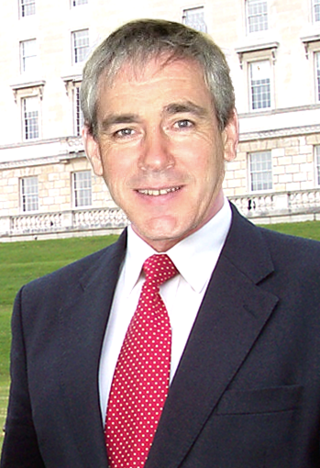
Major Robert Alan McFarland is a former Northern Irish unionist politician who was a Member of the Legislative Assembly (MLA) for North Down from 1998 to 2011.
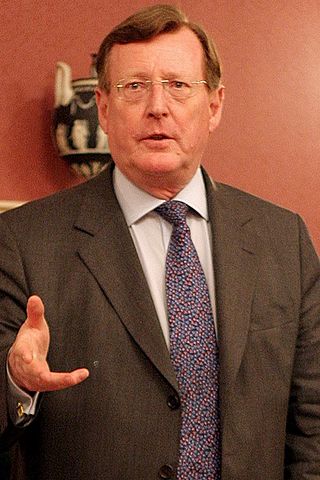
The 2004 Ulster Unionist Party leadership election was triggered by the decision of a group of UUP members to challenge incumbent leader David Trimble over the party's direction following the 2003 Northern Ireland Assembly elections at the party's annual general meeting on 27 March 2004. The UUP has held a leadership election every March since at least the Ulster Unionist Council constitution was altered in 1973, however it is rarely contested. This is one of the few occasions when it has been contested.

Michael McGimpsey is a former Ulster Unionist Party (UUP) politician who was a Member of the Northern Ireland Assembly (MLA) for Belfast South from 1998 to 2016.

David McNarry is a former Northern Irish unionist politician and Ulster Loyalist representative who served as a Member of the Legislative Assembly (MLA) for Strangford from 2003 to 2016.
Robert David Stewart Campbell, CBE, usually known as David Campbell, is a Northern Irish unionist politician, Ulster Loyalist activist, farmer and businessman. He was a member of the 1996–1998 Northern Ireland Forum, and Chairman of the Ulster Unionist Party from 2005 to 2012.
The Northern Ireland Conservatives is a section of the United Kingdom's Conservative Party that operates in Northern Ireland. The Conservatives are the only major British party to field candidates within Northern Ireland and typically contests only a fraction of seats in elections. The party won 0.03% of the vote in the 2022 Northern Ireland Assembly election and 0.7% of the vote in the 2019 United Kingdom General election in Northern Ireland.
The Executive of the 1st Northern Ireland Assembly was, under the terms of the Northern Ireland Act 1998, a power-sharing coalition.
The Young Unionists, formally known as the Ulster Young Unionist Council (UYUC), is the youth wing of the Ulster Unionist Party (UUP). It has in its present incarnation been in existence since 2004.
The Ulster Conservatives and Unionists, officially registered as the Ulster Conservatives and Unionists – New Force (UCUNF), was an electoral alliance in Northern Ireland between the Ulster Unionist Party (UUP) and the Conservative Party.
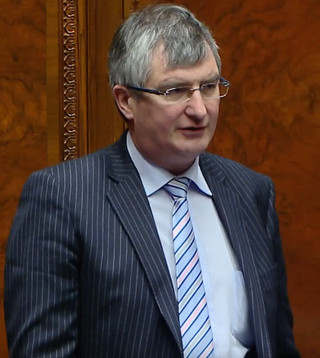
An election for the leadership of the Ulster Unionist Party (UUP) was held on 22 September 2010.
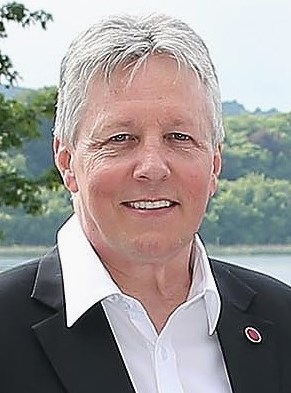
The 2010 United Kingdom general election in Northern Ireland occurred on 6 May 2010 and all 18 seats in Northern Ireland were contested. 1,169,184 people were eligible to vote, up 29,191 from the 2005 general election. 57.99% of eligible voters turned out, down 5.5 percentage points from the last general election.

The 2005 United Kingdom general election in Northern Ireland was held on 5 May 2005 and all 18 seats in Northern Ireland were contested. 1,139,993 people were eligible to vote, down 51,016 from the 2001 general election. 63.49% of eligible voters turned out, down 5.1 percentage points from the last general election.
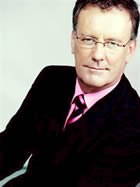
The election for the leadership of the Ulster Unionist Party (UUP) was held on 31 March 2012. The UUP holds an election for the office of Leader each year at its Annual General Meeting, which is normally returns the incumbent unopposed. The contested election was triggered after incumbent Leader Tom Elliott, elected in 2010, unexpectedly announced on 8 March 2012 that he would not be seeking re-election. Nominations closed on 16 March 2012.














